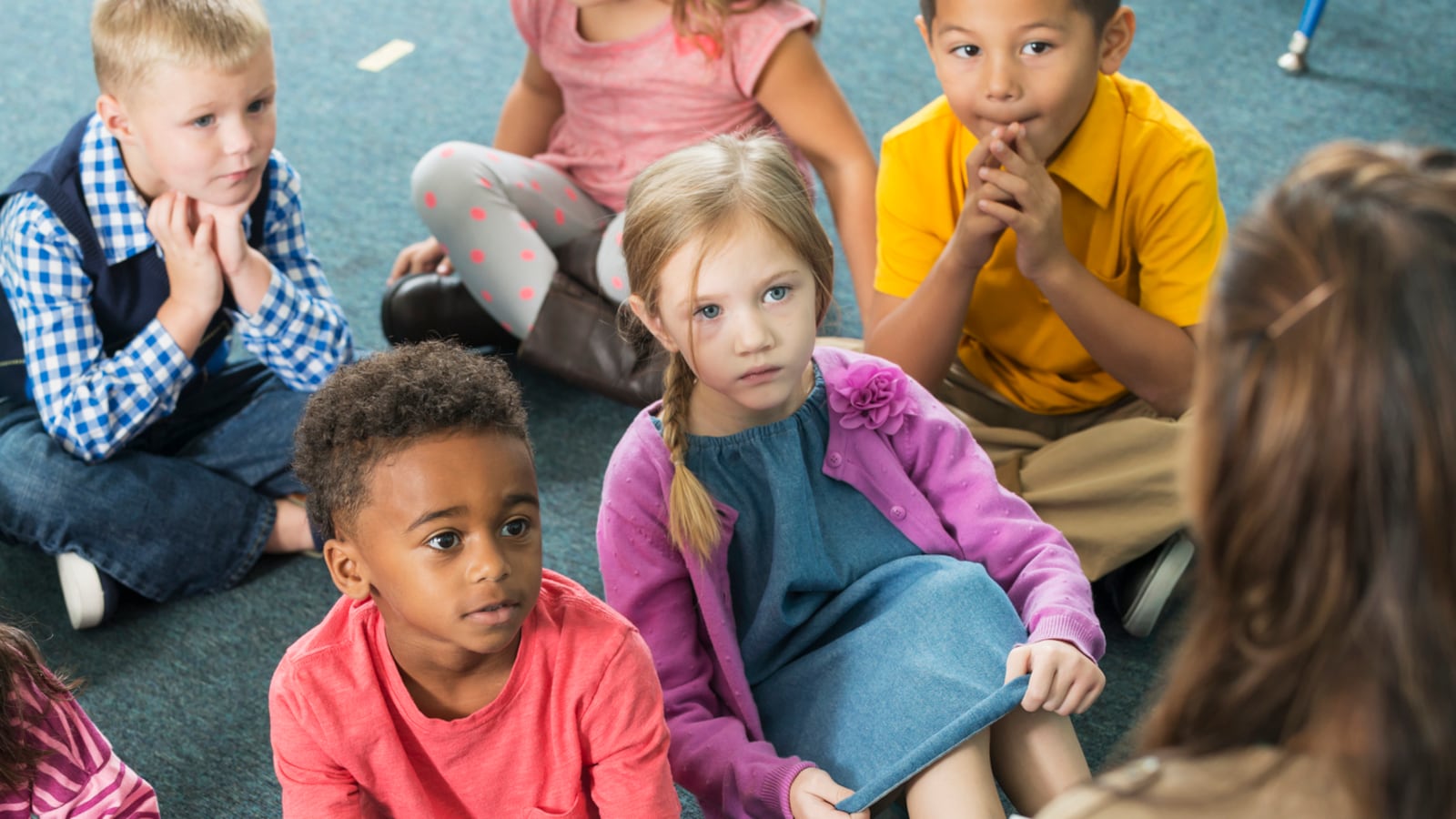While educators breathed a sigh of relief Wednesday morning when the manhunt for 18-year-old Sol Pais ended, they soon had another reason for apprehension.
On Thursday, they would be talking about it all to students — some of them too young to tie their shoes and others the same age as Pais herself. While many teachers have become accustomed to discussing school shootings and other kinds of tragedies in class, most don’t hit so close to home for so many people as the one this week.
A Denver high school teacher named Shannon was one of the more than 100 people who responded to a Chalkbeat survey — which didn’t require respondents to give full names — about Wednesday’s school closures. She summed up the feelings of many Colorado educators, saying, “I’m wracking my brain trying to figure out what to say to my students.”
She settled on a basic outline: “The best I can figure is to educate them on mental health signs and strategies as well as the history of school violence.”
A preschool teacher named Kelly felt worry welling up as she considered her plan for Thursday.
“I started getting very anxious about what I should say — if I should say anything,” she said. “I was working in a school that had a credible threat to safety one week after the Sandy Hook shooting. I was locked down in a closet area for an hour with 30 young children.”
A number of educators who responded to Chalkbeat’s survey said they spent time Thursday reading materials sent by their districts on how to broach the subject with students and families.
Others said they hoped to get such guidance from school and district leaders.
Elizabeth Milligan, a Denver high school teacher, planned to discuss the week’s events with students, but expressed frustration, too.
“I have no idea how to do that. What will I say to my students? I am ashamed,” she said.
Some teachers said they would hold circle time to discuss children’s feelings about the episode, while others said they planned to take a “business as usual” approach.
Cameran Simpson, a bilingual school psychologist in Aurora Public Schools, suggested via email keeping it vague for children in second grade and under, talking about how the government was careful to keep kids safe.
Older students may have more questions, she said.
“It might be a good place to start to see what the student knows, then you can correct misconceptions if there are any,” she said. “I would try to stay neutral since kids pick up so easily on how the adults in their lives are handling things.”
Simpson said students process scary events differently.
“Some students need to know every detail to feel a sense of control. Others will act, and maybe even feel, like nothing happened,” she said.
Students who need extra time or help processing what happened should have access to school counselors, psychologists and social workers, she said.
Cara Havenar, a kindergarten teacher in the Poudre district, said she planned to talk about the role of community helpers on Thursday.
“I will explain to my class that the helpers needed to get to the woman who was confused and not safe, so we stayed off of the streets to be out of their way,” she said.
Patti Zamora, a first-grade teacher in the Poudre district, planned to take a similar tack.
“I won’t tell all, but will likely talk with them fairly openly and share how lucky we are to have incredible people looking out for us and keeping us safe,” she said.

